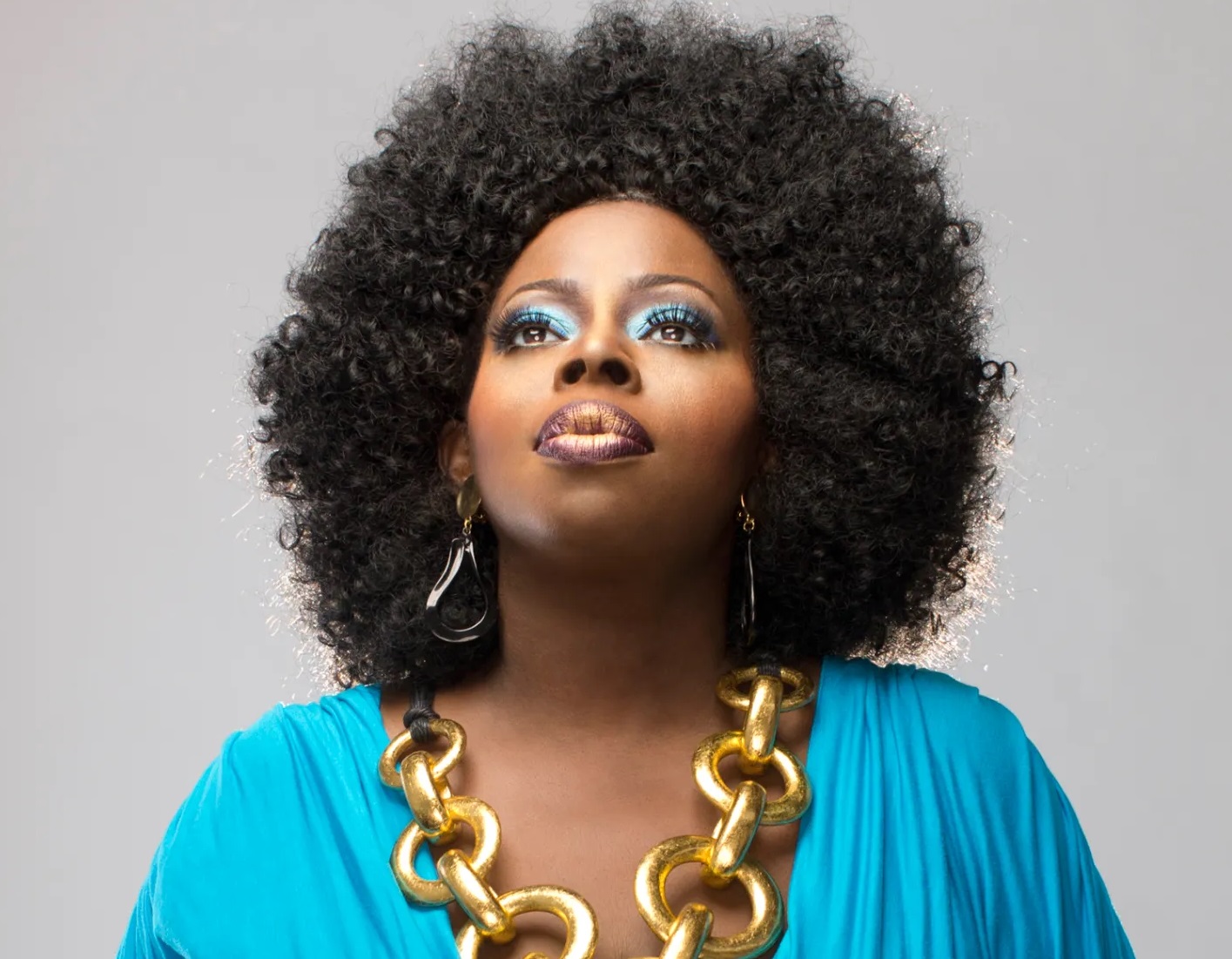Kendrick Lamar’s impact on hip-hop culture is significant and multifaceted, reshaping the genre’s artistic landscape and social relevance. As one of the most influential voices of his generation, Lamar blends lyricism, storytelling, and social commentary in ways that have elevated the expectations of what hip-hop can be. His contributions extend beyond music, influencing the culture, politics, and business aspects of hip-hop while inspiring new generations of artists.
Lamar’s rise began with the release of his early projects like Section.80, where he demonstrated an uncommon level of lyrical depth and social awareness. His 2012 album good kid, m.A.A.d city marked a pivotal moment in modern hip-hop. With its detailed storytelling and vivid depiction of growing up in Compton, California, the album defied the dominant trends of the time, favoring introspection and narrative over mainstream formulas. The album is widely regarded as a modern classic, cementing Lamar’s place in hip-hop history.

One of Lamar’s most important contributions is his ability to blend personal experience with larger social and political themes. His 2015 album To Pimp a Butterfly expanded on these ideas, combining elements of jazz, funk, and spoken word with hip-hop to create a politically charged, sonically adventurous work. The album delves into issues like systemic racism, black identity, and cultural pride, resonating deeply with listeners and critics alike. Songs like “Alright” became anthems for the Black Lives Matter movement, reinforcing hip-hop’s role as a voice for social change. The album not only pushed the boundaries of musical expression but also highlighted the power of hip-hop as a tool for activism and education.
Kendrick Lamar has also challenged the industry’s notions of commercial success and artistic integrity. He balances mainstream appeal with intellectual substance, proving that it is possible to achieve critical acclaim while topping the charts. His album DAMN., released in 2017, further demonstrated this balance. The project earned him the Pulitzer Prize for Music, a first for a hip-hop artist, breaking barriers and affirming hip-hop’s legitimacy as an art form on par with classical and jazz compositions.

Lamar’s impact is also evident in how he has influenced the new generation of artists. His ability to create cohesive, concept-driven albums has encouraged many in the hip-hop community to move beyond singles-driven releases and embrace deeper, more meaningful projects. He has inspired artists to address complex topics such as mental health, spirituality, and the impact of systemic oppression, broadening the thematic scope of the genre. His focus on authenticity and vulnerability in his music has shifted the cultural conversation within hip-hop, encouraging a move away from glorifying materialism and violence toward more nuanced and reflective narratives.
Kendrick Lamar’s work has had a profound effect on how hip-hop intersects with visual media. His music videos are known for their cinematic quality and symbolic imagery, often serving as visual extensions of his lyrical content. Collaborations with filmmakers and visual artists have resulted in groundbreaking videos such as “HUMBLE.” and “ELEMENT.,” which blend powerful imagery with social critique. These visuals further solidify Lamar’s reputation as a multi-dimensional artist and set new standards for the medium.
Beyond music, Lamar has influenced the business side of hip-hop culture. His strategic collaborations with brands and his involvement in executive roles with his label Top Dawg Entertainment have demonstrated how artists can maintain creative control while expanding their influence in other industries. His curated soundtrack for the film Black Panther showcased his ability to bridge the gap between hip-hop and Hollywood, introducing his music to new audiences and reinforcing the global reach of the genre.

In the broader cultural context, Lamar has become a symbol of resilience, introspection, and pride for the African American community. His music not only reflects his personal journey but also serves as a mirror to society, providing a raw and honest depiction of the struggles and triumphs faced by marginalized communities. By addressing systemic inequalities and celebrating black culture, Lamar has contributed to a more conscious and aware hip-hop culture, inspiring listeners to think critically about the world around them.
Kendrick Lamar’s influence on hip-hop culture is enduring and continues to evolve. His ability to fuse artistry with activism has set him apart from many of his peers, placing him at the forefront of the genre’s most transformative era. Through his lyrical mastery, innovative sound, and social consciousness, Lamar has reshaped the boundaries of what hip-hop can achieve, ensuring that his legacy will remain a cornerstone of the culture for years to come.





